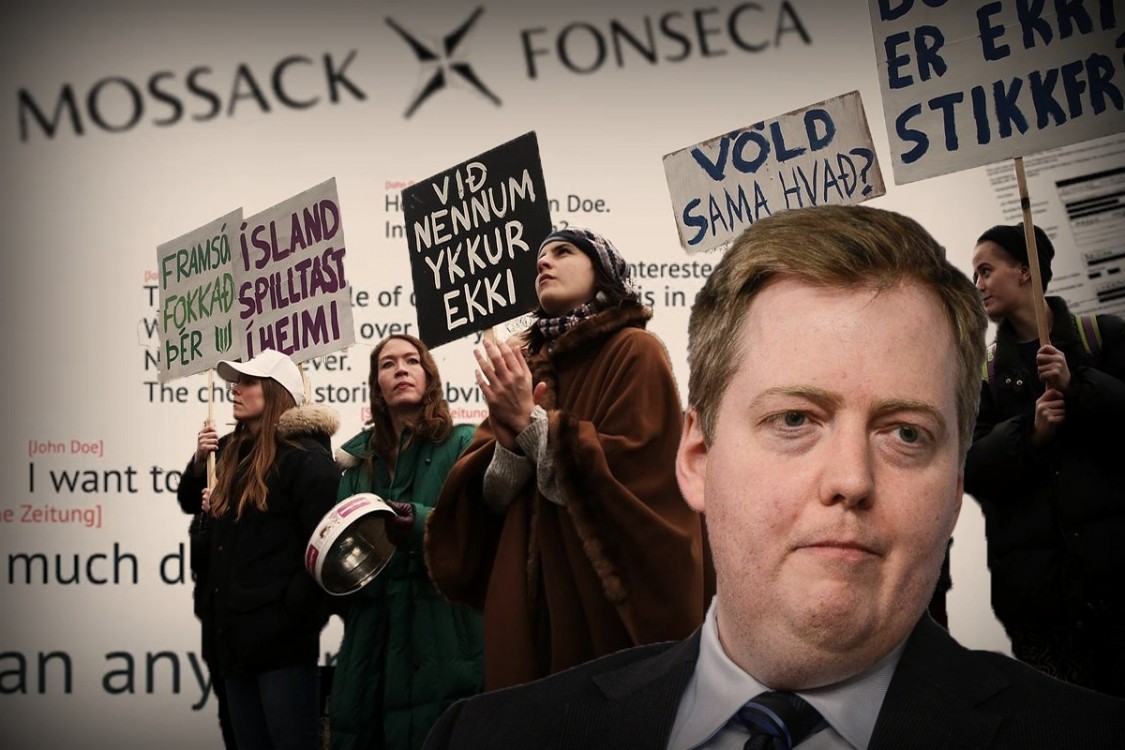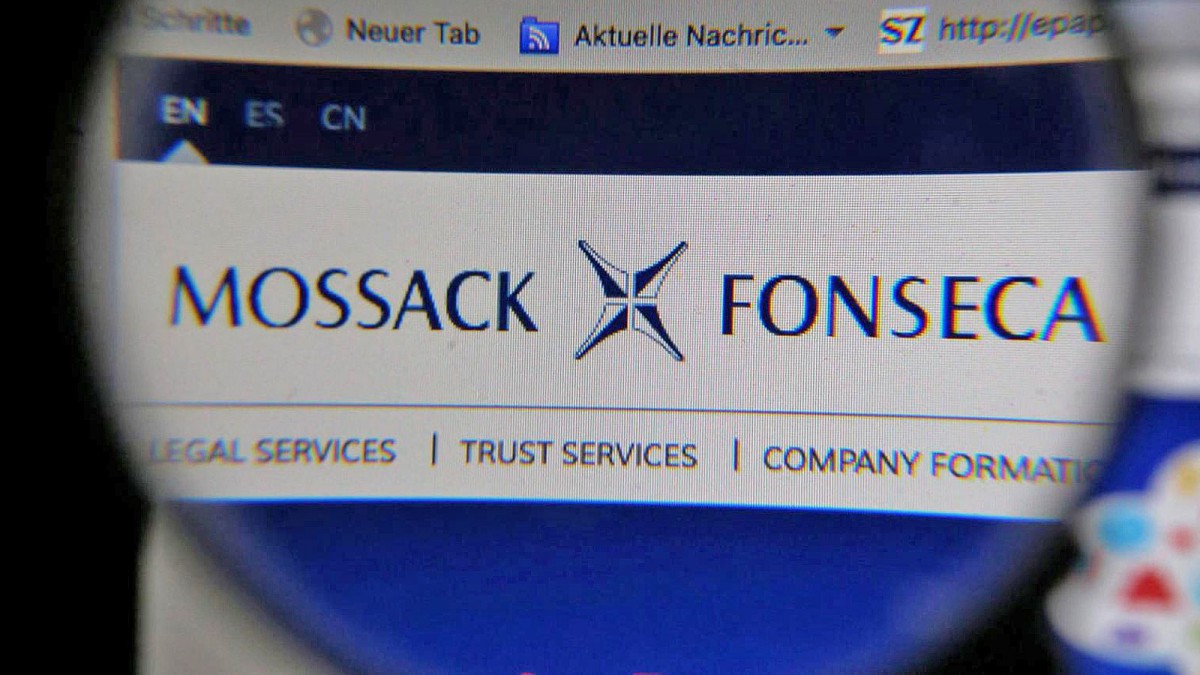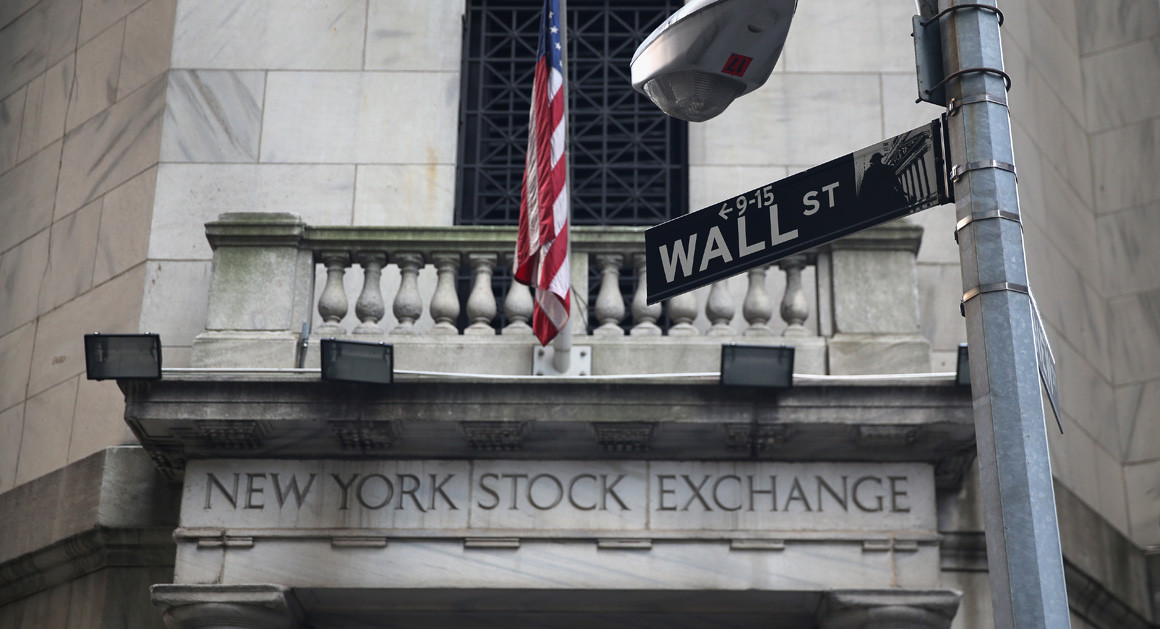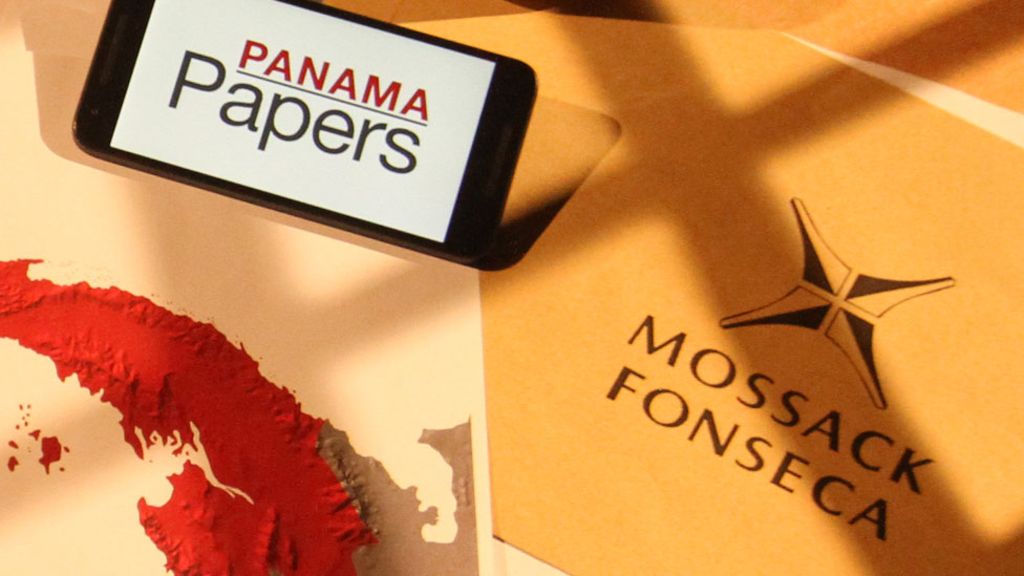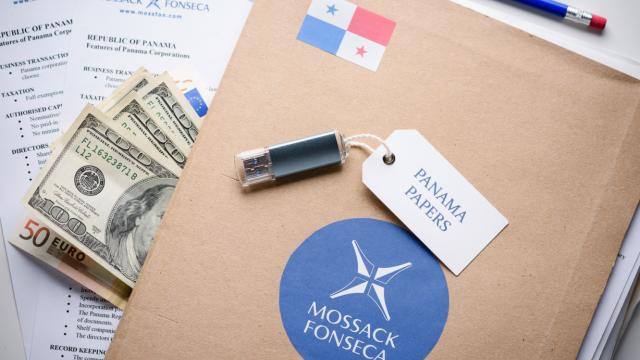
We are now two weeks into the whirlwind story of the “Panama Papers” — revelations that exploded into the press and onto social media, without warning, on Sunday, April 3. The leak (reportedly the largest in history) contained 2.6 terabytes of information, 11.5 million documents, 214,488 companies and 14,153 clients, all spanning more than 35 years — disclosing confidential details of how some of the world’s elite actively avoid tax, via offshore “havens” such as the British Virgin Islands, Bermuda and the Cayman Islands.
The Guardian promised that the leaks would reveal “a world of hidden wealth,” exposing the “offshore pandemonium” that is tax havens, with “evidence of Russian banks providing slush funds for President Vladimir Putin’s inner circle; assets belonging to 12 country leaders, including the leaders of Iceland, Pakistan and Ukraine; companies connected to more than 140 senior politicians, their friends and relatives, and to some 22 people subject to sanctions for supporting regimes in North Korea, Syria, Russia and Zimbabwe; the proceeds of crimes, including Britain’s infamous Brink’s-Mat gold robbery; and enough art hidden in private collections to fill a public gallery.”
Hold. The. Front. Page.
These revelations in themselves are not “shocking,” unless you’ve been sitting on a Panamanian beach, smoking cigars and sipping cocktails your entire life. Yes, Russia (for example) is as corrupt as hell — this is by no means a surprise. Nor is the fact that former Prime Ministers of Iraq, Jordan and Qatar are named, along with the current President of Ukraine, the Kind of Saudi Arabia and the President of Argentina. It comes as little shock British Lord Ashcroft was named (I thought this was well-known), or Baroness Sharples, or even that David Cameron has been caught up in the furor.
In fact, none of the names “named” are really shocking at all — these are all avid supporters and middle-men for the corporatist system we live under. So a few reputations will look a bit shady for a while. Big deal.
Anyone involved in politics, journalism or economics knows full well the scale of tax avoidance that quite legally goes on via these small islands in the middle of nowhere. Anyone with an open mind is aware of the practices that companies and individuals use to lessen their tax bill and increase their wealth.
But having said that, the fact that the mechanics of this have now been highlighted in such a stark way can, in some respects, only be a good thing. Most people are probably aware of the problem, but don’t allow it to seep into their consciousness just how deep the rot runs — or how much money is involved (over $21 trillion, by Tax Justice Network’s estimates).
Not that you’d have noticed if you’d been following the bastions of the free press who’d been reporting this story on loop. If you’d have known that this story was going to break on Sunday, you could’ve written the narrative Saturday night. We’ve gone from Western “enemies” Russia, China and other “regimes” to Z-List celebrities via a feeding-frenzy over the British Prime Minister and a modicum of outrage-cum-resignation to the fact we all knew about this anyway.
There is a dangerous narrative emerging, which if we’re not careful will ensure this story goes the way of every other huge leak in history (i.e. a Wikipedia entry created by someone in Whitehall or Langley) — that is, we seem to becoming preoccupied with the personalities in this debacle, and not their collusion with a system which is essentially shafting us in every possible way.
But when you look at the organizations peddling this narrative, is it really any wonder they are?
From the BBC, with its chair of their Trust Rona Fairhead’s directorships of Bermuda-based PepsiCo and feral financial institution HSBC, to Britain’s The Sun and Rupert Murdoch’s 136 offshore companies via the Guardian and its chair. Neil Berkett, who is an executive for Sage operating 43 tax-avoiding subsidiaries, this rot runs right to the heart of the media world. So is it really any wonder they would prefer the scrutiny to be elsewhere?
But “free journalism” some cry! “I don’t get told what to write!” scream others.
This is true — no one holds a gun to your head and says, “Write this.” But in corporate media outlets (in my opinion, and experience), there tend to be unspoken rules. Generally, you are not “told” what to write, and can submit anything you wish. However, you learn early on what is and is not suitable, and what will be edited or rejected.
Furthermore, the same must surely apply to journalists who are sponsored by huge corporate names — they would be well aware that their reporting would need to be framed in such a manner as to not induce the wrath of their backers, no? This is probably the case with the International Consortium of Investigative Journalists. While much has been made of a “conspiracy” over them somehow being hoodwinked into not reporting any major American companies or individuals, I personally think this is overkill — it’s more that they know it’s probably best not to mention anything, as funders like Microsoft and Vanguard operate out of tax havens. Don’t bite the hand that feeds you, and all that.
We have to steer the narrative away from this obsession with high-profile individuals, and turn it into something much more overarching.
As journalist Abi Wilkinson, who organized a protest in the U.K. two weeks ago calling on David Cameron to resign, succinctly wrote in Vice: “The problem doesn't lie with one particular individual, it's systemic. The politicians in charge of our country seem to believe that there's one rule for ordinary people, who pay their fair share of tax, and one rule for the wealthy who can employ clever accountants to come up with all sorts of get-out tricks.”
“Systemic” is the key word there. This is not some issue which is confined to the West; neither is it one which affects merely the OECD. This is a global problem, where the ramifications are far worse in African, Asian and South American countries — and we must view it as such.
The Democratic Republic of Congo is one example. In just five mining deals with multinational corporations they lost an estimated $1.3 billion through money being ferreted offshore, which amounts to nearly 4% of their annual GDP. In the U.K. the equivalent would be around three quarters of the NHS budget for this year. Gone. £75 billion, just lost.
Or take a company like Chevron. The 16th biggest corporation worldwide, operating in 180 different countries, with assets of $266 billion operate a staggering 264 different subsidiaries out of Bermuda alone.
Are companies like Vanguard and BlackRock, two of the most notorious vulture-like crony corporatist organizations on the planet, going to be forced to change their ways and stop investing in both sides of every war, industrial battle and exploitative profit-making exercise, while asset-stripping already poverty-stricken nations and diverting it via Caribbean islands?
Will Bill Gates and Warren Buffett, the first and third richest men on the planet, be called up for the fact that their companies actively avoid tax out of Bermuda, while at the same time cynically calling for a Robin Hood Tax — yet we all lap this shit up and believe their sincerity?
Then look at Oxfam. Unshakeable campaigners against global inequality – but who accept money (to the tune of $4 million) from The Hewlett Foundation, who raise their own capital from HP’s shares, which have subsidiaries working out of Bermuda; furthermore the Foundation employ the Bank of New York Mellon to manage their investments and provide them with credit – with this bank operating out of tax havens and also being repeatedly fined for dubious practices.
There are, according to research by a Swiss university, 43,000 companies the OECD defines as "transnational." The majority of shares in these corporations are owned by the richest 1,318 of these 43,000. Of the 1,318 companies, 737 control 80 per cent of them and, at the very top, 147 control 40 per cent of the 737. Do we think that these 147 companies are going to stop serving the interests of a few individuals and start playing fair, even if the avenue of tax havens is partially closed-off?
The offshore “game” infests every area of our lives, like a globalized, corporate, financial plague-induced putrid rot, setting in to the very fabric of society — and it’s one that needs gouging out. Quickly.
Implementing regulations like the blacklisting of tax havens, country by country reporting and Base Erosion Profit Shifting (BEPS) counter-measures may appear like there is the political will and way to try and address this pandemic-like problem — but in reality? These measures don’t go far enough.
When you have America itself now becoming a major “player” in this offshore game (with states like Nevada and Delaware fast becoming the “onshore” equivalents of the Cayman Islands or Bermuda), it being ranked third in the “Financial Secrecy Index” and it refusing to sign-up for previous international agreements relating to tax havens, there should be a great deal of cynicism as to whether any international agreements will actually be effective when the world’s largest economy wishes to play no part.
Also, we need to view the “system” for what it really is: a mythological, financial Hydra. As soon as you chop off one head, another one sprouts up again to take its place. The greedy will always find ways to fuel their deadly sin within a system that is intentionally weighted towards their gain, and our loss.
It is this point that we need to take away from the Panama Papers’ revelations, and come to a collective resolution about what “we” (as in, the 99% of us) are going to do about it. Targeting individuals and their activities are basic components of solving this problem, as they highlight in an easy-to-digest manner just how entrenched, and how far-reaching, all of this is.
But they are cogs in an offshore wheel and it is our global financial system which is the vehicle, driven by corporatists in all countries at breakneck speed towards their destination of choice — a town called “Greed-Induced Self-Interest.” Until we change who’s in the driving seat of our economies, our financial system and ultimately our lives — then we will remain passengers. Impoverished, unequal and always with tickets stamped “second class.”
#PanamaPapers
3 WAYS TO SHOW YOUR SUPPORT
- Log in to post comments

